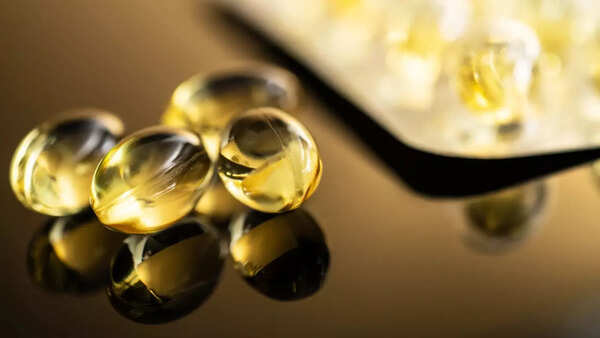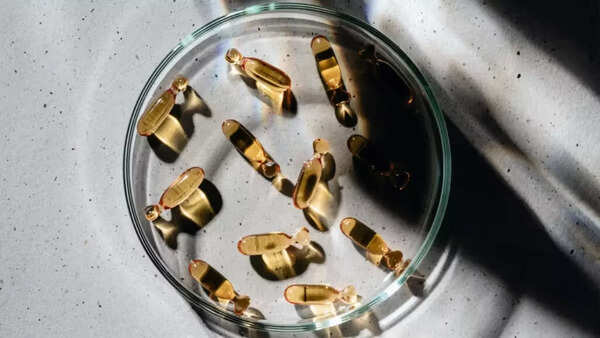Is vitamin D supplements reverse aging? New studies have answers

Let’s accept it – in the era of Brian Johnson’s choice, reverse aging is a very trending thing. Whether by incorporating innovative technologies, or by practicing wide welfare routine – people are signing up for ‘reverse aging’ rule.And now, recent research has indicated that a simple solution can help them achieve objectives. Well, if the age is not completely upside down (hey, it is not logically possible), it has the ability to slow down the aging process.Read on to know more.
What does the research say?
Recent research indicates that people with high vitamin D intake may experience slowing the biological processes related to aging. This study is published in American Journal of Clinical NutritionDiscovered the relationship between vitamin D and Telomere lengths, which serves as a biological marker of cellular aging.Telomeres, protective caps on DNA at the ends of chromosomes, are small as people age, and small telomeres are associated with increasing risk of various diseases. They are essential during cell division, prevent chromosomes from fusing or rearranged, and their shortage is associated with aging and infection, type 2 diabetes and an increased sensitivity to heart diseases. Researchers suggest that the benefits of vitamin D may be due to its role in reducing inflammation, which is also associated with autoimmune diseases and cancer.

What are the conclusions?
Focusing on around 900 participants from large tests, researchers found that vitamin D supplements reduced the tailomere that reduced over a four -year period compared to a placebo group. In contrast, omega -3 supplementation did not show significant impact on telomere length.While these conclusions are promising, co-author Joan Manson emphasized that vitamin D is not a panacea. Some chronic diseases are not reduced by vitamin D complement. She advocates focusing on a healthy diet and lifestyle instead of relying only on supplements. However, targeted vitamin D supplementation may be beneficial for individuals with high levels of inflammation or for individuals with risk risk for chronic diseases related to inflammation.
Caution word:
The design of the study was random and double-blinded, ensuring that participants were equally allocated between vitamin D and Placebo groups, increasing the validity of the results. This method helps to balance various demographic and health factors to ensure a proper comparison, allowing more reliable conclusions about the effects of vitamin D on the telomer length.

Should we now go to buy vitamin D supplements?
No, slow!Despite research, experts in a hurry take care against purchasing vitamin D supplements. Most people in the United States generally get enough vitamin D through diet and sunlight.The new analysis is taken from large important tests, a comprehensive study conducted by Brigham and Women’s Hospital and Harvard Medical School researchers in five years includes around 26,000 participants, mainly women aged 55 years and older and men over 50 years old. Participants were given 2,000 IUs of vitamin D3 and 1 gram of omega -3 fatty acids daily, mainly to assess their effects on cancer and prevention of heart disease.
Source of vitamin D ,

In addition to sufficient amounts of sunlight, natural sources of vitamin D include fatty fish -like salmon, sardine and mackerel, as well as egg yolk, and beef liver. Some mushrooms, especially treated with UV light, vitamin D. Garwale foods such as milk, yogurt and grains also provide, they also contribute to vitamin D intake.




